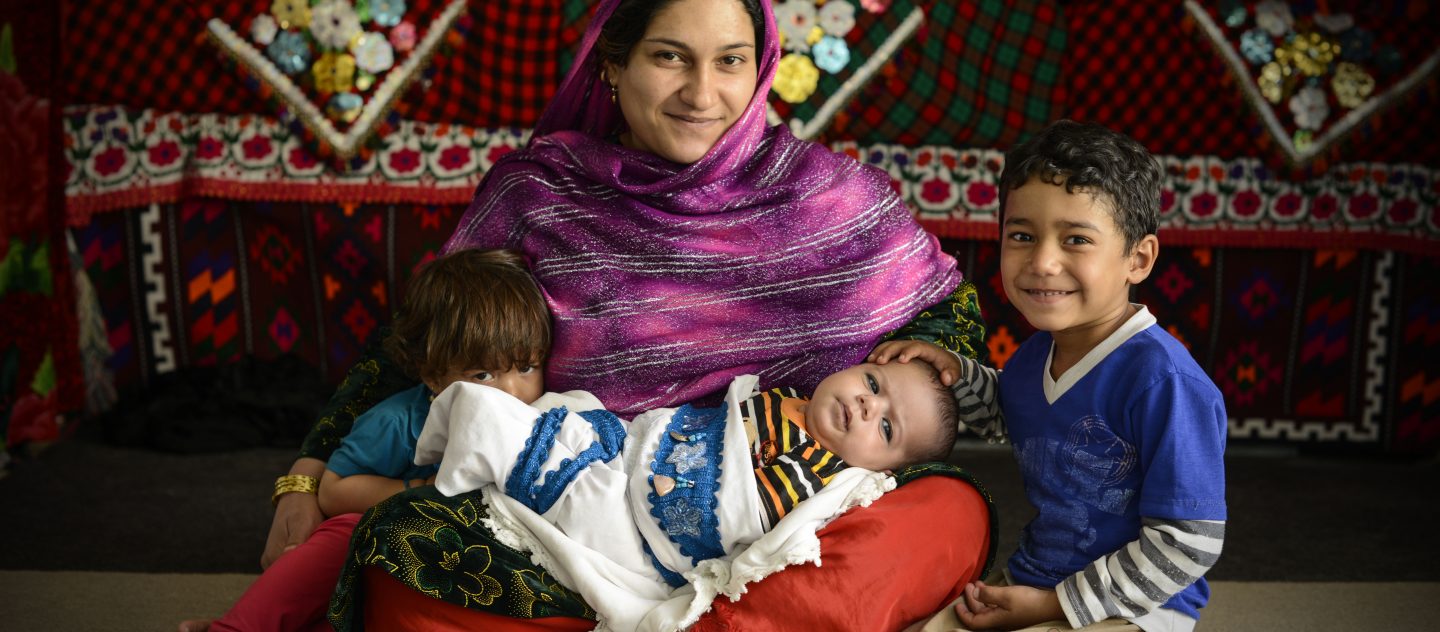The first Global Refugee Forum comes at the end of a tumultuous decade in which the number of refugees worldwide has doubled to well over 25 million.
The Global Compact on Refugees, which was affirmed by the UN General Assembly in December 2018, aims at transforming the way the world responds to refugee situations, benefiting both refugees and the communities that host them. The Global Compact intends to provide a basis for more predictable and equitable responsibility sharing, recognizing that a sustainable solution to refugee situations cannot be achieved without international cooperation.
Read about the Global Compact in action
Held every four years at ministerial level, the Global Refugee Forum will be an opportunity for UN Member States and other stakeholders to announce concrete contributions and pledges towards the objectives of the Global Compact, namely to:
- Ease pressures on host countries,
- Enhance refugee self-reliance,
- Expand access to third country solutions, and
- Support conditions in countries of origin for return in safety and dignity.
At the Global Refugee Forum, States and other stakeholders will announce concrete pledges and contributions in relation to the objectives of the Global Compact. Pledges and contributions may take the form of financial, material, and technical assistance; resettlement places and complementary pathways for admission to third countries; as well as other actions that States and other stakeholders have elected to take to achieve tangible benefits for refugees and host communities.
The Global Refugee Forum will serve as a space to share good practices, experiences, and lessons learned around common priority themes that will be identified with respect to specific country or regional situations, as well as on a global level.
The first Global Refugee Forum will take place at the CICG in Geneva, on 17 and 18 December 2019, at the ministerial level. It will be organized around six areas of focus: arrangements for burden and responsibility sharing, education, jobs and livelihoods, energy and infrastructure, solutions, and protection capacity.

